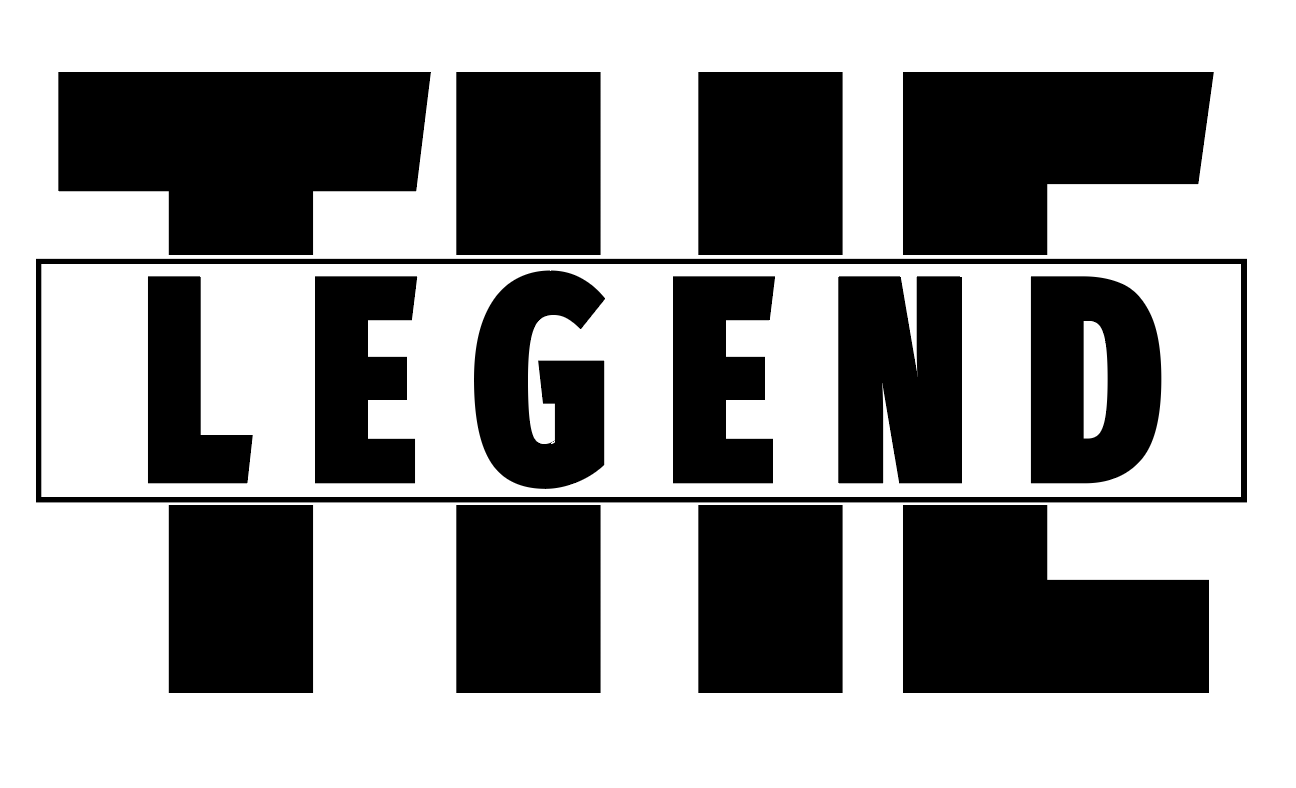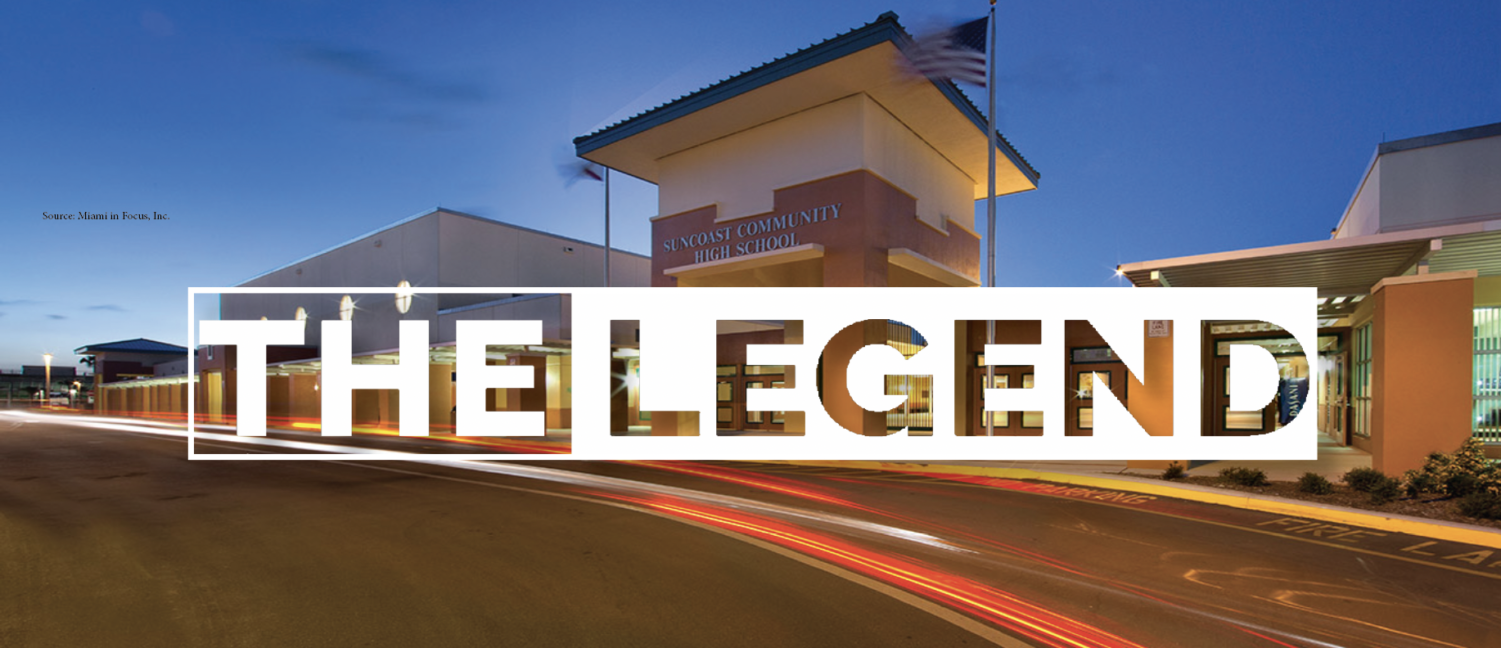Handling The Stress
Harvard graduate Claudia Cabral discusses how she dealt with the pressures that came with being a Suncoast student in MSE.
April 19, 2023
It was late, and she was putting all of the effort she had left to focus on an AP World History assignment. She was burnt-out and experiencing physical whiplash from it, but instead of taking a break, she continued to push herself in order to complete the assignment. The longer she held out, the more her body begged for her to slow down. Anxiety took over her mind and body. She was experiencing a panic attack, and soon her mother had to rush her to the ER.
Claudia Cabral, former Suncoast student and recent Harvard graduate, had a rough yet successful high school experience. She graduated third in her class with only a single B on her record and currently works for her previous college.
Her primary goal during high school was to create the best resume possible in order to attend a top college such as John Hopkins or MIT. It goes without saying that a goal like this would require a vigorous amount of work, which led to plenty of stress on Cabral’s part.
It was difficult to accept the cause of her ER trip at first, but Cabral had to not see this as defeat, but as an opportunity to break the no-rest mindset she had at the time. She started to take pills and tried to put herself first, but the piece of advice that Cabral felt truly saved her came from her mother.
“She said, ‘When you get home, you are already exhausted, you need to do something to reset you. Why not take a 30 minute nap and time it?’” Her mother suggested this so Cabral would not feel like she was wasting too much time by napping. After these naps she felt more refreshed, ready to do the amount of homework that would have seemed much bigger otherwise.
Begrudgingly, Cabral also had to miss the AP World History assignment she was working on because of how hard she was pushing herself in her first semester of high school.
This, however, was not a miracle process. Although the time Cabral set aside for her wellbeing was effective, she also had to tackle the issue of stress when taking a test.
Every time she would sit down for an exam, her thoughts spiraled. She felt tremendously overwhelmed by just how much a test was worth, and these thoughts fogged her brain.
“It was like my body was attacking me,” Cabral shared.
Cabral had to figure out what worked best for her. What she landed on was wellness tools such as meditation, prayer and, most significantly, mantras.
“I would just repeat these mantras before exams and I would say, ‘I am calm, I am clear, I am ready, I am prepared,’ again and again and again so that I couldn’t have all these intrusive negative thoughts block me,” Cabral revealed.
Mantras are short phrases you repeat in order to get your brain in a certain mindset, and they remarkably helped her prepare for a test.
Looking back at her overall high school experience, Cabral expressed that she did not think a lot of the stress she endured was completely necessary. She was under the impression that beating herself up is what it took in order for her to do well. A piece of advice that she stressed was to change the voice in your head from demanding to compassionate, as you cannot focus or retain as much information if your brain keeps degrading you.
“That voice isn’t going to let you run the marathon that is Suncoast, you’re going to shut down or break down before you can even get there,” Cabral emphasized.
This was the problem when Cabral was unable to comfortably take tests due to her mindset, where she felt her brain was fogged by stress.
Cabral drew attention to the fact that stress, evolutionarily, is your body ready to either fight, flight or freeze. If you frame it as an unnecessary feeling that gets in your way, that will only have negative repercussions.
Instead, Cabral recommended, frame adrenaline as a motivator, utilize it as a tool to keep you focused and do what you need to do.
“You can turn stress into motivation and passion,” Cabral concluded.
For the summer after sophomore year, Cabral had to figure out what she was going to do academically during that time. She considered her peers. Most of them were spending their summer doing extra AP classes, dual enrollment or anything to that effect. Cabral was under the impression that she was wasting her summer by not doing as much as her peers were. Overwhelmed, she confided in her aunt.
Her aunt suggested something different: having a less intense summer. Utilizing the summer as downtime, she commented, would allow Cabral to be more prepared for her upcoming school year. Cabral followed her advice and took two casual courses over the summer to increase her HPA while also going on a family vacation. Cabral found that her aunt was right and continued into her junior year ready.
“It took taking a break and resetting and investigating myself so that I could power through and have a really successful school year,” Cabral reflected.
To this day, she would say she accomplished incredible things in her junior year as a result.
The typical expectation of a student, especially a Suncoast student, is along the lines of a goal-oriented person who is too busy to have fun. That is simply not how people work. In achieving all she did at Suncoast, one thing Cabral regretted was not having as much fun as she wanted to.
“Try to take more risks and be creative. Try to stand out and discover things about you in high school,” Cabral said.
She advocates finding what clicks in high school or in college than finding it out later down the line. It took until senior year of college for Cabral to discover what she enjoyed, that of which was ballroom dancing.
“It’s the most fun I’ve had and I think if I had more fun, that actually would’ve helped me be more productive,” she expressed.







